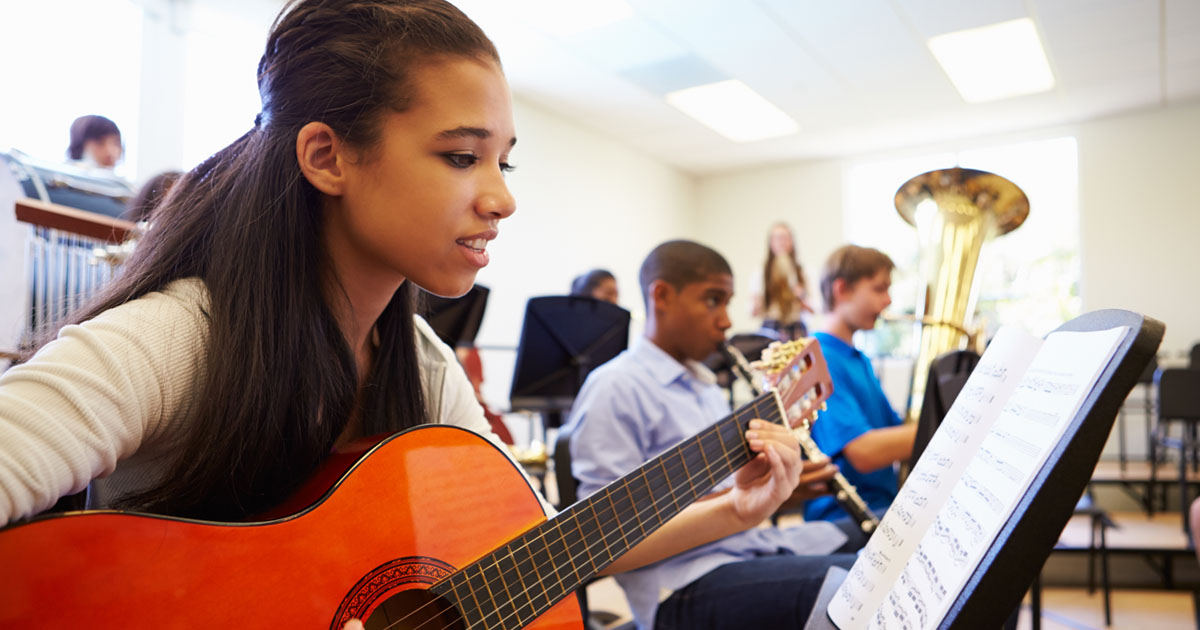Setting Guitar Goals
Setting guitar goals to help you achieve your dreams

When you are learning to play guitar, taking guitar lessons is key to learning to play better. Professional lessons assist you to be consistent and committed since you’ll have accountability. You will get a customized approach to music depending on your capabilities and eliminate bad habits that may be otherwise difficult to break.
Another successful way to improve your guitar skills is by creating more time for practice. Creating time seems easy, but what you do with that time is very important. Ensure that your purpose is clear, and you understand your motivating reasons.
Become an Excellent Guitar Player
The goal is to become an excellent player, but how will you know how far you have come in a certain period? By setting ways of measuring your achievements, you help to see how far you need to go to hit your primary goal. For example, after the first month of more practice or guitar classes, you can measure your progress by writing a song, playing solo, or playing with a band. Some goals may feel intimidating or unachievable but remember that if you can dream, you can achieve it. Break down those big goals into smaller steps that contribute to the primary goal.
Manage Your Practice Time
Time management is often challenging for most people. You may wake with the intention of setting aside some practice time, but you only realize it’s too late when it’s bedtime. You’ll find it easier to create time if you have a practice schedule. You must be realistic about the duration and specific times. On days you are too busy, ten minutes of practice will still work.
Exercise
By adding guitar exercises to your practice routine, you are learning to improve your physical movements on your guitar. And while they may not always be fun, exercises are important to your overall guitar playing growth. Non-musical exercises enhance your finger skills, making learning new songs easier even when you have never heard them before.
Strain & Pain
Playing the guitar is a physical activity, but we often fail to recognize that. Most musical injuries come from repeating the same movements when playing instruments. It will be difficult to enjoy playing the guitar if you’re in pain, so you’re more likely to stop playing or play less often. When playing, try to pay attention to the areas on your body that feel the strain. It will be easier to look for exercises that will strengthen the muscles. Come up with a daily routine and start working on your core as you incorporate the practices.
Loosen Up!
Any time before you play, ensure you warm up and stretch first. Meditation also gives you more focus to concentrate on your music. You’ll be surprised how a couple of minutes of calm will improve your focus. When you’re at peace, it’s easy to connect with your inner self to unleash your creativity.
Creating Goals
By having set goals in your guitar playing journey, you will be able to achieve so much as you strive to reach your dream of mastering the guitar. Taking lessons is key to learning and understanding how everything works. If you are in the Philadelphia area, the David Joel Guitar Studio has the experience and knowledge to help you move forward. If you are not in the area, David Joel can teach you from afar with results that are just as effective.